Keeping love from turning into attachment isn’t easy, but it is necessary because love and attachment are not the same things. Knowing how to love without attachment is the key to having healthy and peaceful relationships.
Love has no limit, no shape, and no condition. If we could understand this, we wouldn’t have the need to buy chocolate ice cream and watch sad love movies while we sit wallowing in self-pity.
The fatal relationship killer goes by the name, of attachment. This nasty little thing disguises itself as love at first and later turns into jealousy and neediness.
You see, attachment is also known as co-dependency, and it makes us believe we cannot live without the person we love. And this puts both them and us in a dangerous cage. When being so deeply “in love” we forget about the importance of ourselves and our needs because the sensation of pleasing our loved ones feels so good.
When we love unconditionally, the pains of attachment can’t affect us.
Loving unconditionally is the acceptance of all that is. When we can’t accept someone for everything they are we start to try and change them and we convince ourselves that we know best. This is often the start of toxic relationships.
Read on to know more about the secrets to love unconditionally.
Related: How Unconditional Love Can Transform Your Relationship
4 Ways To Love Without Attachment
Keeping pure love from turning into attachment isn’t easy, but here are 4 of the best-kept secrets to realizing before it’s too late, with one extra – to conclude it all.
1. Ask yourself what you felt the first few days after meeting your loved one.
If you can’t remember those feelings and only memories and experiences, or that person comes up. It should be seen as a red flag.
When we first experience being “in love” with that person, we have a huge sense of freedom and happiness. Our senses become heightened and our awareness of the world is met with appreciation, everything is “just right”.
It’s important to remember what and how you felt without that person is right there, with you, in the physical. It’s important to try to remember how being in love enhanced your appreciation for life, with the mere thought of that special person in mind.

2. Love is everlasting, unmeasurable.
When we love unconditionally, we should know no boundary. We should be able to love someone so wholeheartedly that just the thought of them should satisfy us. This is what unconditional love is.
When we become attached to someone we crave they are being near to us all the time. We crave them and forget about the gift of solitude. Simply knowing where they are is not enough. And this is dangerous.
Once we learn and accept that love has no end and can be felt between worlds, and over oceans, we will then grasp the importance of allowing such freedom and space. Not only for our loved ones but for ourselves, because that is how you love without attachment.
Related: 6 Ways To Show Unconditional Love WITHOUT Being A Total Doormat
3. Unconditional love is the definition of the acceptance of imperfection.
This means that nothing is perfect, yet that imperfection is perfection. Attachment is supercritical, judgmental, controlling, and serious. If you ever find yourself making decisions for your loved one and or find yourself lecturing them on changing or not meeting the expectations you are or are on the road to suffering.
Unconditional love for another never allows us to go down the road to attachment. It loves all that is, even that weird little toe or skew tooth.
It absolutely loves the sleep marks in the morning and the smell of breakfast, the sound of birds and the way they deal with their issues, the way they cry or the way they go absolutely nuts when something doesn’t go their way, unconditional love is patient and, kind and compassionate in all life’s areas.
It gives space and holds space. It loves all that is, all that shall be, and all that ever will be. The last secret is the most important – and should never be forgotten.
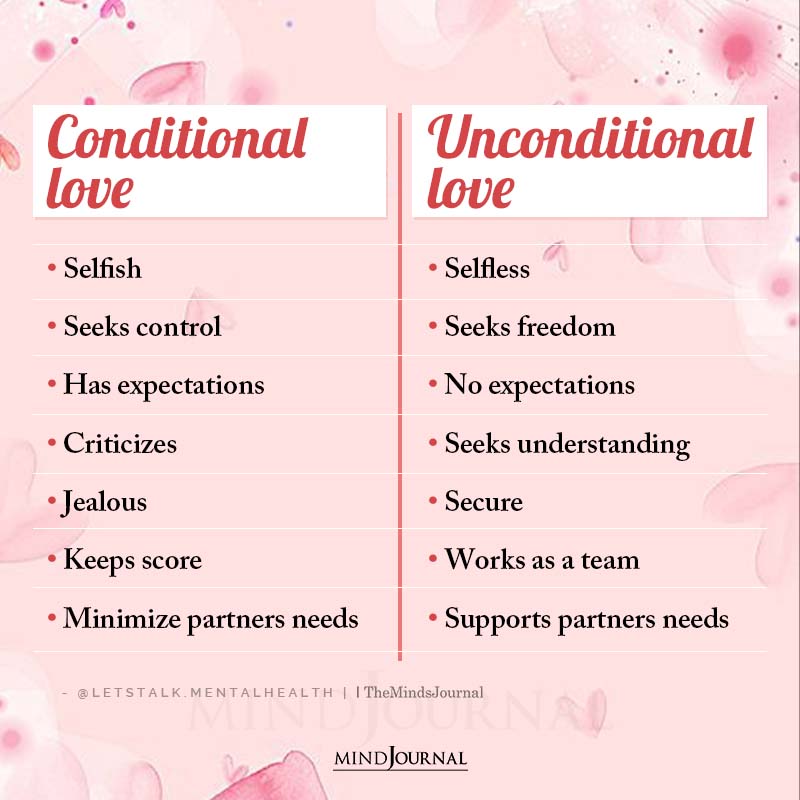
4. Unconditional love is all-encompassing.
Meaning, that it must include you. You must not water another garden before watering your own. Unconditional love is not possible without self-love and acceptance.
Before preaching the teachings of unconditional love, you must consider yourself as a part of this all-encompassing love. The integration of unconditional love has the power to free mankind from many attachments and has the capacity to heal wounds and give life through love. If you want to love without attachment, you need to love yourself first.
Source - Spirit Science
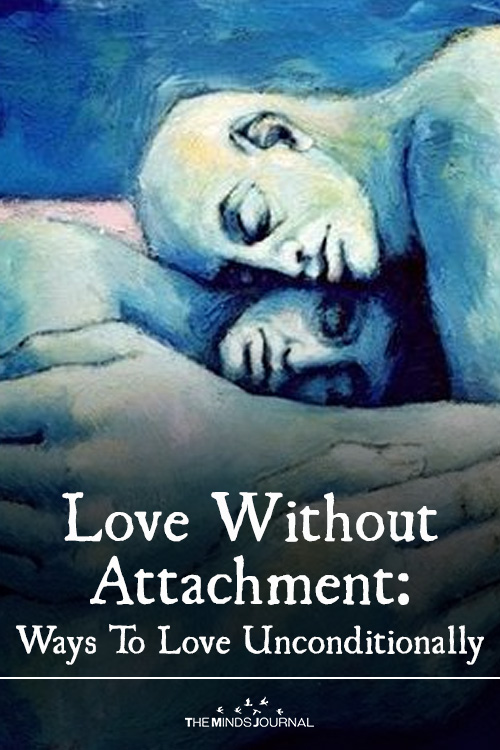
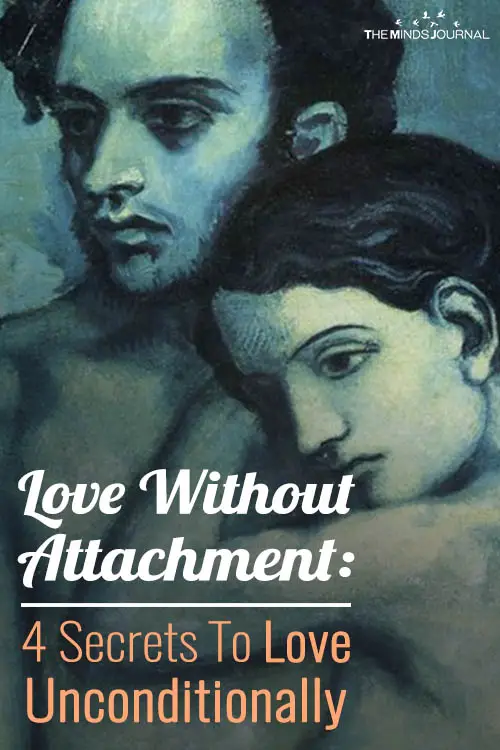
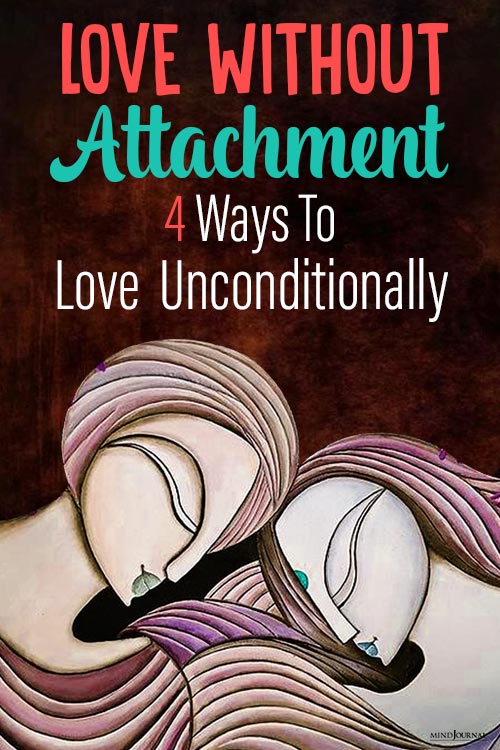
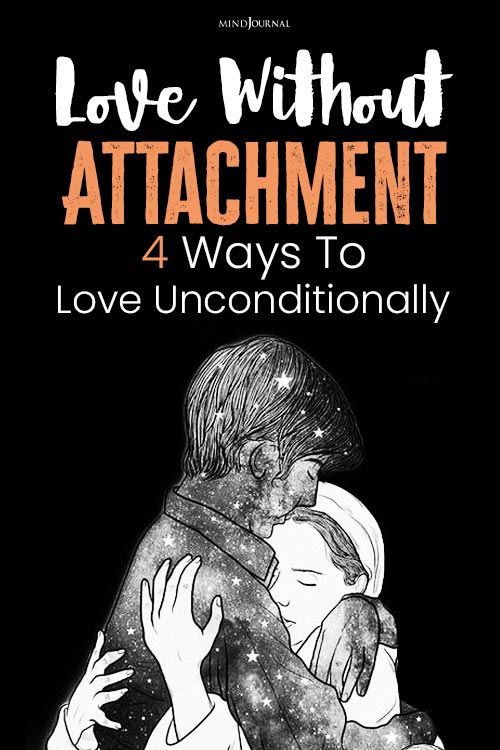
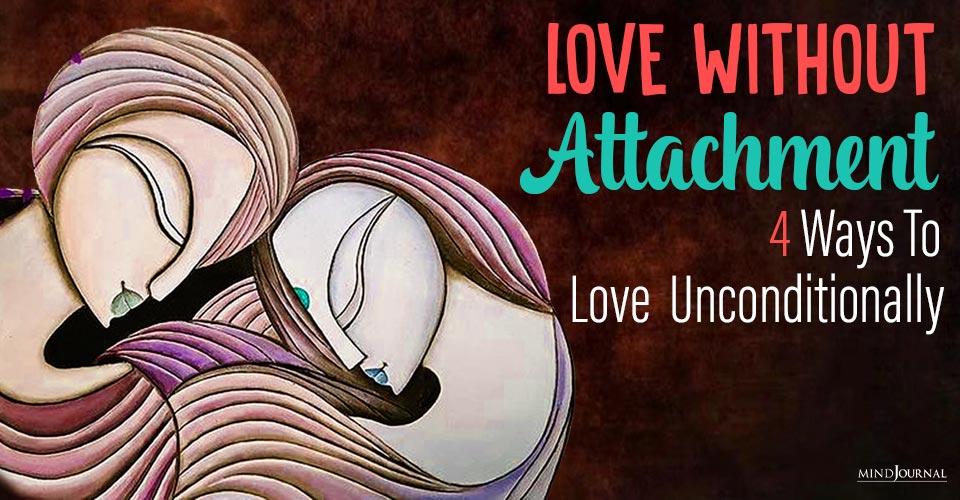


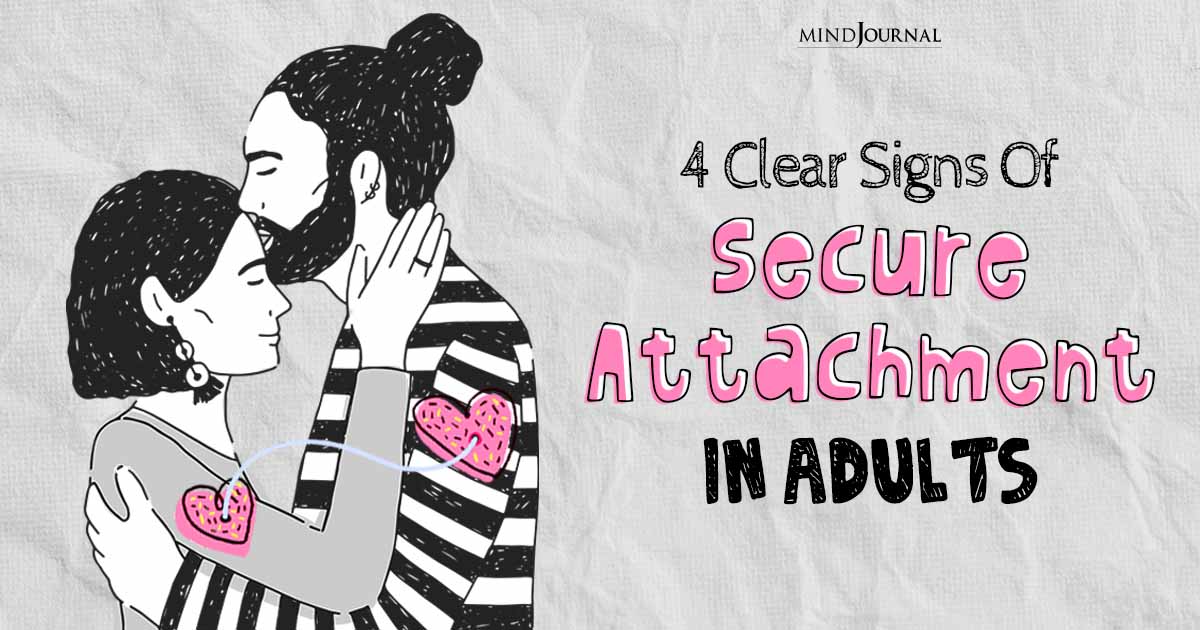

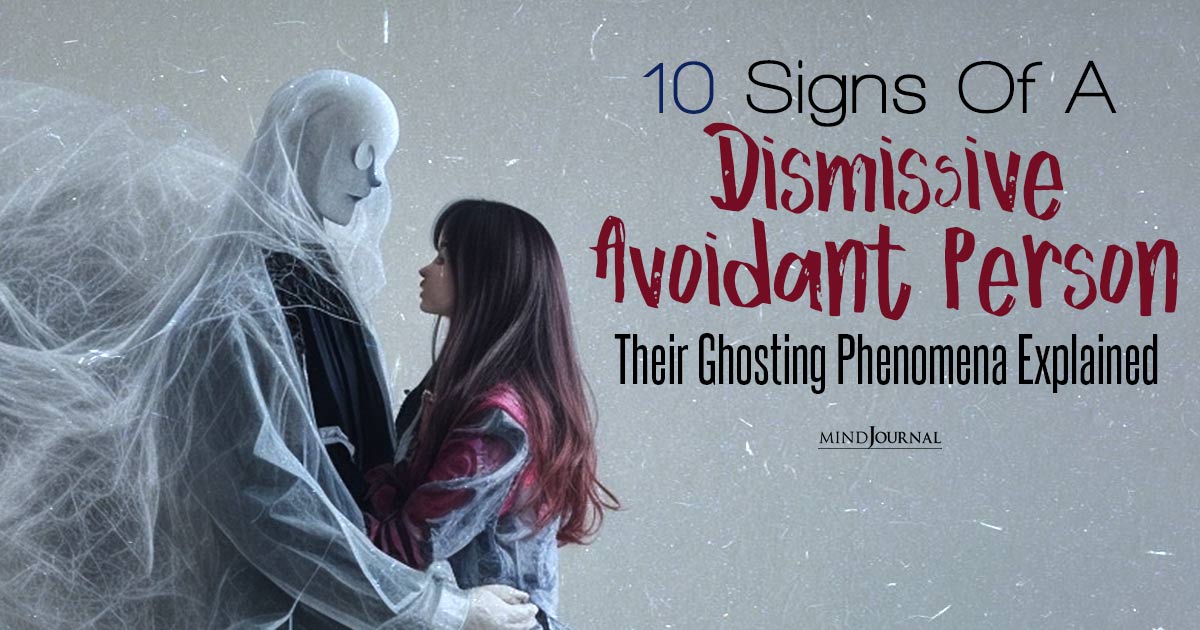
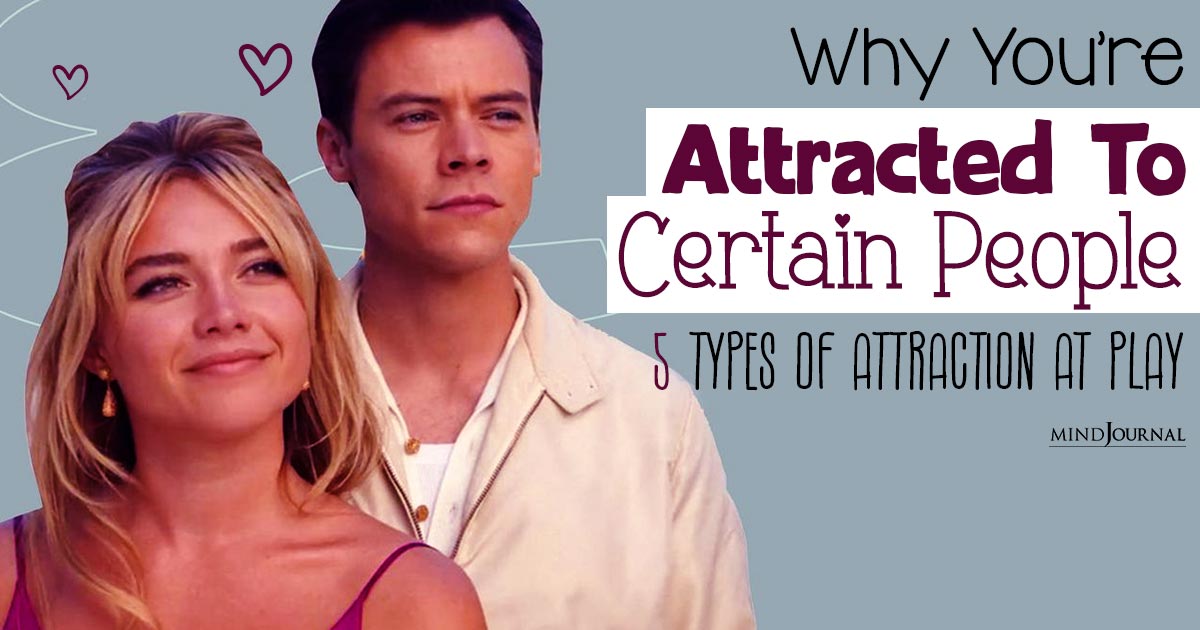
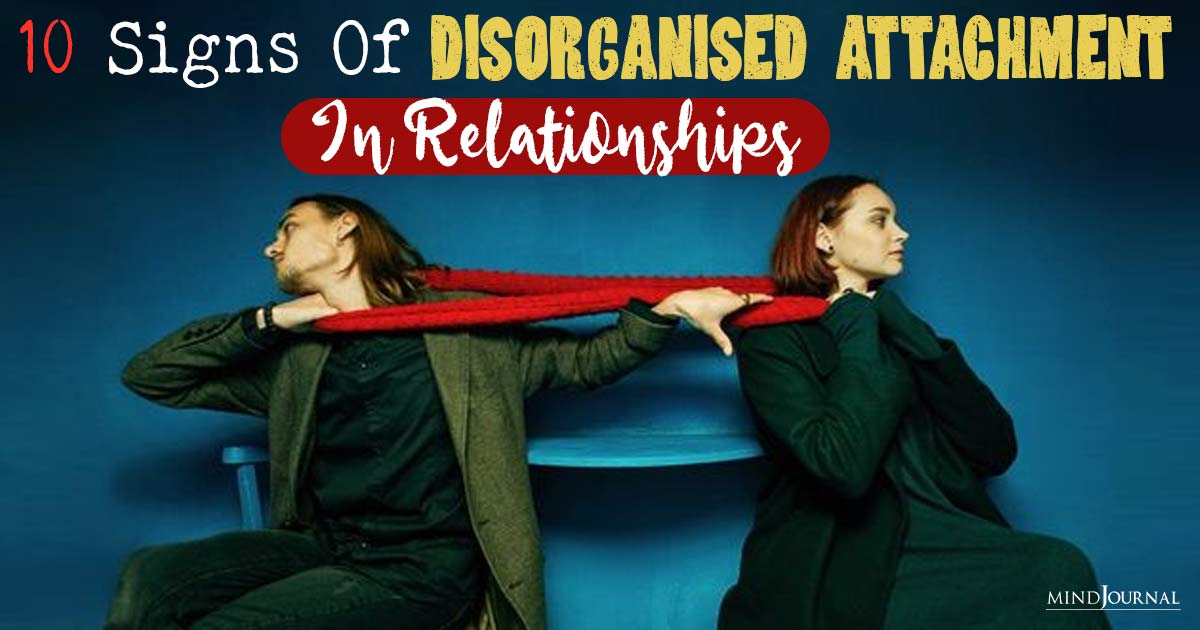
Leave a Reply
You must be logged in to post a comment.